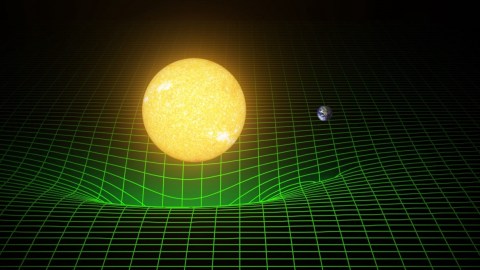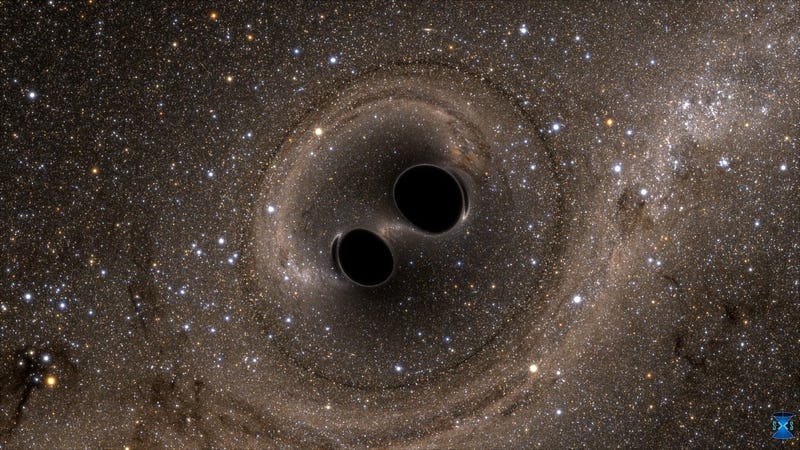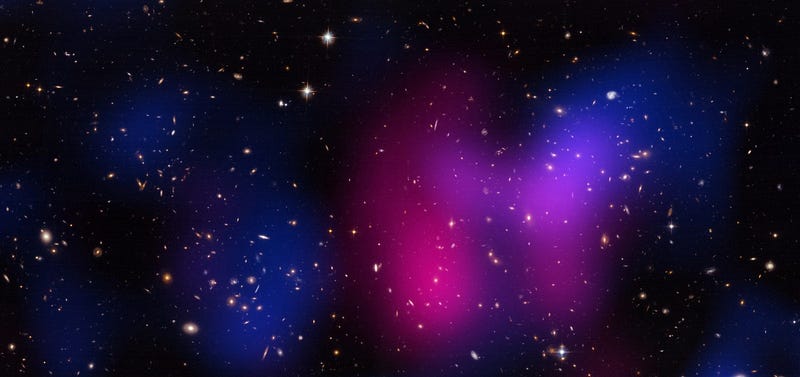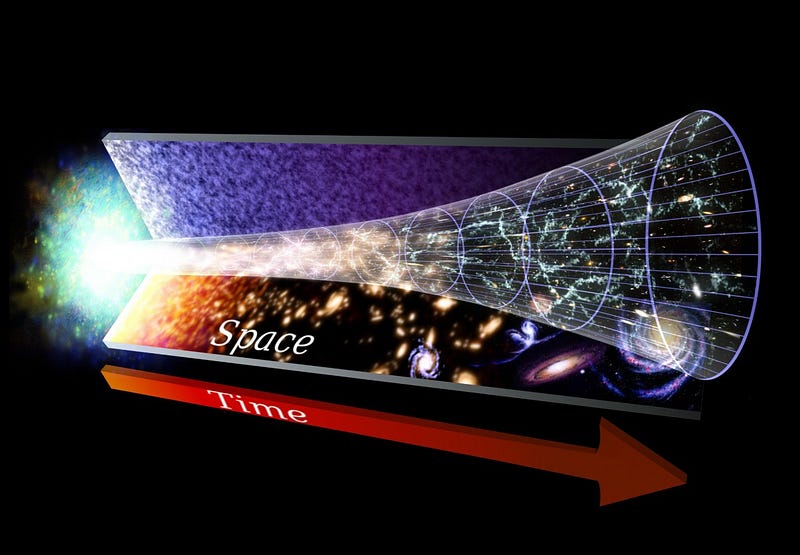No, Science is not Faith-Based

No matter what the editorials in the Wall Street Journal say.
“The fundamental choice is not whether humans will have faith, but rather what the objects of their faith will be, and how far and into what dimensions this faith will extend.” –Matt Emerson
Even the most well-learned scientist, working within the frameworks of the most robustly tested and verified theories, can never be certain that the next experiment or measurement will continue to provide the results that we expect. Last month, when the LIGO collaboration announced the direct detection of gravitational waves for the first time, it confirmed a new aspect of Einstein’s general relativity: one that had been predicted and whose consequences had been seen indirectly — through the decay of neutron star orbits — but one that we couldn’t be sure about until we validated it directly. But writing in the Wall Street Journal, Matt Emerson makes the erroneous claim that science is faith-based, too. Here’s the crux of his argument, followed by why it falls apart.

He quotes physicist Carlo Rovelli, who wrote that the discovery of gravitational waves was the realization of a “dream based on faith in reason: that the logical deductions of Einstein and his mathematics would be reliable.” He quotes Paul Davies, who wrote, “Just because the sun has risen every day of your life, there is no guarantee that it will therefore rise tomorrow. The belief that it will — that there are indeed dependable regularities of nature — is an act of faith, but one which is indispensable to the progress of science.” And then, based on the use of the word “faith” in these two sentences, he makes the following leap:
Recognizing the existence of this kind of faith is an important step in bridging the artificial divide between science and religion, a divide that is taken for granted in schools, the media and in the culture. People often assume that science is the realm of certainty and verifiability, while religion is the place of reasonless belief. […] The fundamental choice is not whether humans will have faith, but rather what the objects of their faith will be, and how far and into what dimensions this faith will extend.
To be willing to make this statement is to deliberately misunderstand what the enterprise of science is, and how it fundamentally differs from any theological conclusion one could ever reach.

Faith, by definition, is the belief in something despite insufficient knowledge to be certain of its veracity. Some beliefs require small leaps of faith (the example that the Sun will rise tomorrow), as the body of evidence supporting that prediction is overwhelming, while others — the existence of dark matter, the inflationary origin of our Universe, or the possibility of room-temperature superconductivity — may still be likely, but may also reasonably turn out to be wrongheaded. Yet in every case, there are two key components that make the prediction scientific:
- The prediction, or the belief that the outcome can be accurately predicted, is predicated on the existence of quality evidence.
- As the evidence changes — as we obtain more, newer and better evidence — and as the full suite of evidence expands, our predictions, postdictions and entire conceptions of the Universe change along with it.
There is no such thing as a good scientist who isn’t willing to both base their scientific belief on the full suite of evidence available, nor is there such a thing as a good scientist who won’t revise their beliefs in the face of new evidence.

We may have had faith that Einstein’s predictions, and the existence of gravitational waves, would turn out to be correct, and that LIGO would make the greatest scientific discovery of the 21st century so far. But if it hadn’t been true — if advanced LIGO had reached design sensitivity and seen nothing for years, or if it had seen something that conflicted with Einstein’s theory — that faith would be instantaneously discarded, and replaced by something even better: a quest to discover how to extend and supersede Einstein’s greatest accomplishment to account for the new evidence.

The fundamental question is neither what the object of humanity’s faith will be nor how far it will extend, but rather how far you’re willing-and-able to test your most deeply held beliefs, and whether you’ll have the courage to change your conclusions to follow where the evidence guides. That is what separates science from anything faith-based, and why any faith-based belief system will never be considered scientific.
This post first appeared at Forbes. Leave your comments on our forum, check out our first book: Beyond The Galaxy, and support our Patreon campaign!





